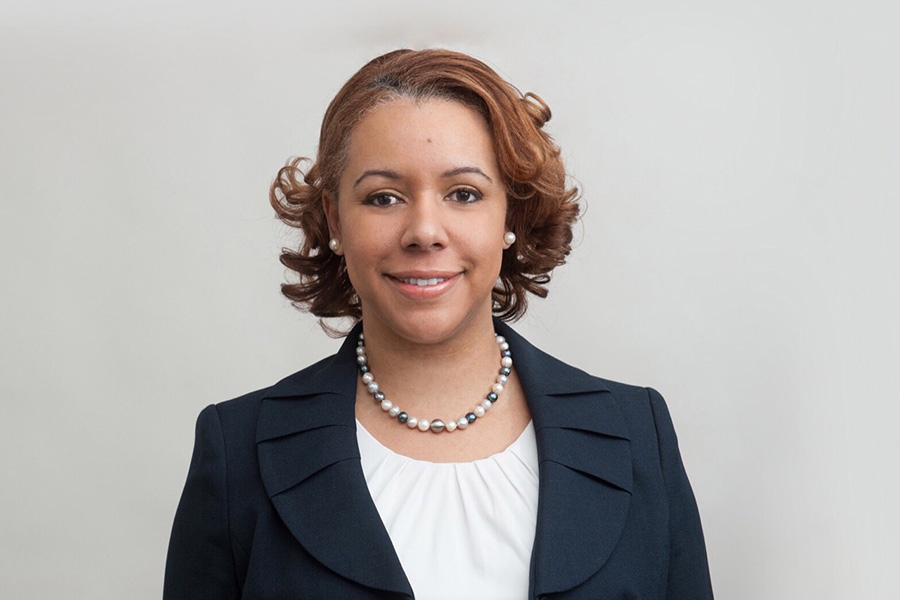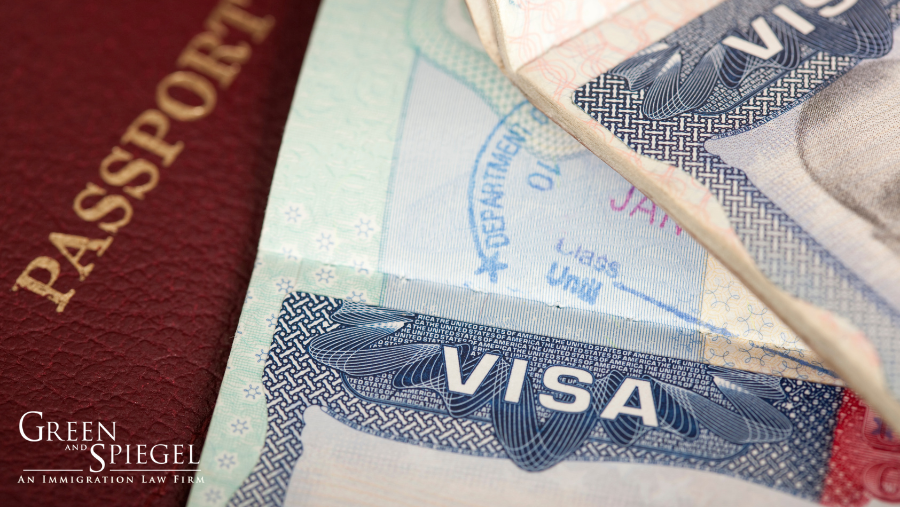With a new administration, comes the hope by many, that there will be changes to restrictive immigration policies implemented by the Trump Administration that have negatively affected those within the healthcare industry.
Prior to the Covid pandemic, it was determined by the Department of Labor that there is a shortage of professional nurses due to the lack of sufficient U.S. workers who are able, willing, qualified, and available to fill these positions. As such, highly skilled foreign professional nurses that are able to satisfy the eligibility criteria for that designation, receive special processing allowing them to work and live in the United States. This shortage of skilled professional nurses has been further exasperated by the effects of Covid (understaffing of hospitals, closure of consulates and embassies abroad, etc.) and tightened visa requirements by the Trump Administration.
In addition to the shortage of nurses, hospitals are facing staffing demands as the number of Covid cases rapidly increase throughout the nation with the expectation that a surge is still to come in the upcoming months. There is undeniably a demand for highly skilled healthcare workers, leading many healthcare facilities to seek employment of qualified skilled foreign physicians and nurses.
These qualified foreign physicians and professional nurses, however, are faced with innumerable immigration challenges and restrictions, including but not limited to the following:
- Physicians and nurses with approved petitions that are abroad are unable to have their cases processed at a consulate/embassy due to closures, staffing shortages, and/or restrictive guidance provided by the Trump Administration preventing the issuance of new visas.
- Physicians and nurses working on H-1B status are only allowed to work for the petitioning employer in a specified unit/position at a particular worksite. This prohibits these workers from providing assistance in other units or locations within the employer’s network as well as other healthcare facilities that are experiencing a severe shortage in personnel.
As a result, medical associations and hospitals are joining forces with immigration groups to advocate for legislation that will address the healthcare worker shortage by allowing unused immigrant visas to be allocated to highly skilled foreign workers: doctors and professional nurses. Specifically, the Healthcare Workforce Resiliency Act, S. 3599 (116) is a bill that would allow for the allocation of up to 40,000 unused employment-based immigrant visas from FY1992 – FY2020 to be reserved for nurses (25,000) and physicians (15,000). However, in order for this bill to pass a bipartisan solution must be reached.
It is also anticipated that advocacy groups will present the Biden Administration with a number of proposals including the reversal of executive orders implemented by the Trump Administration that have adversely affected highly skilled foreign worker; request that new executive orders and guidance is provided that will expediate the processing and approval of applications of eligible, qualified physicians and professional nurses; and suspend work-site restrictions for H-1B workers.
Green and Spiegel will continue to monitor and report on any developments. Please contact us if you have any immediate need for assistance.




